What Should A Marathon Runner Eat?
In a bid to show support for marathon running as a great way to arrive at optimal health and fitness, we bring you Shachi Sohal, H.O.D. Dietetics Deptt at Dr. B.L. Kapur Hospital, who helps us understand what kind of dietary support a marathon runner needs to sustain such a high endurance interest.
In a bid to show support for marathon running as a great way to arrive at optimal health and fitness, we bring you Shachi Sohal, H.O.D. Dietetics Deptt at Dr. B.L. Kapur Hospital, who helps us understand what kind of dietary support a marathon runner needs to sustain such a high endurance interest.

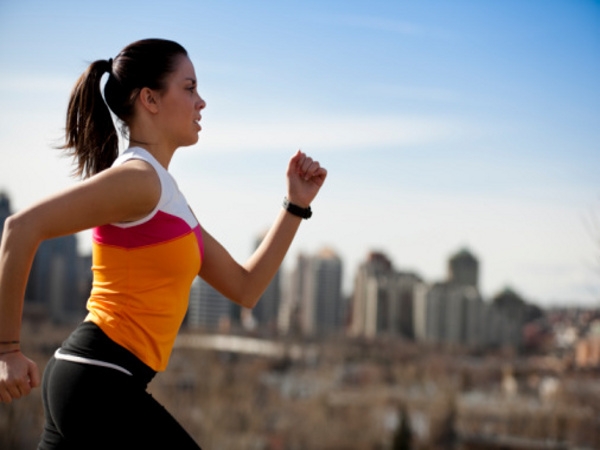
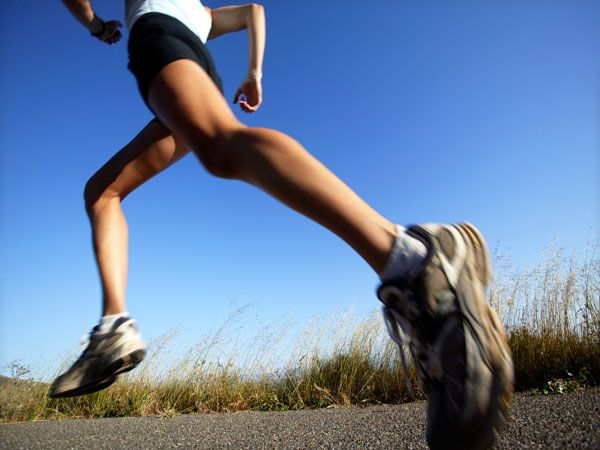
?
Importance of a runnerí»s diet: Runners should eat a well balanced diet with adequate amounts of all essential nutrients. Proper nutrition and hydration builds stamina, strengthens the immune system and ensures good performance. A balanced diet for healthy runners should include essential nutrients such as: carbohydrates, protein, fats, vitamins and minerals and water. The amount one needs depends on several factors including weight, age and gender.
?
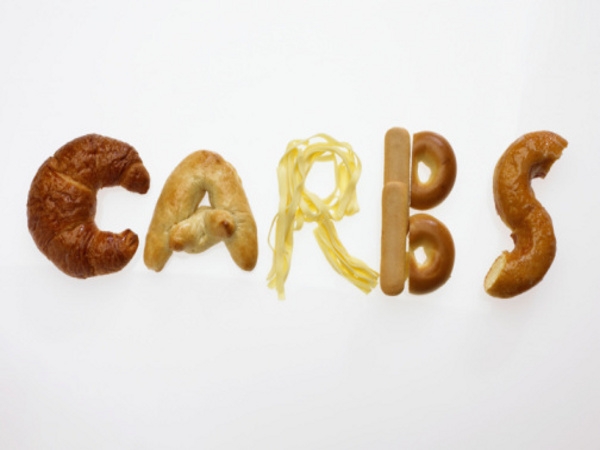
?
Carbohydrates. A runner requires to eat adequate carbohydrates - about 60-65% of the day's total calorie intake. Carbohydrates are the best source of energy for athletes and the right kind of carbohydrate can be eaten in large quantities as maximum calories are burnt in running and jogging. The kind of carbohydrate one eats is very important.
?
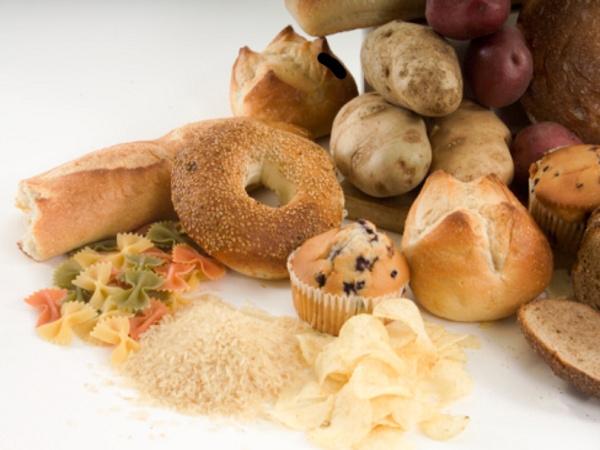
?
Simple carbohydrates. Simple carbohydrates like sugar and honey should not be consumed in excess. They can be taken in limited amounts as they provide instant energy. Complex carbohydrates like whole wheat products (chapatti, brown bread, brown rice) and raw vegetables must be consumed. They are a good source of fibre, vitamins and minerals. One must eat fruits (apple, chickoo, banana) to increase the availability of energy in the body.?
?
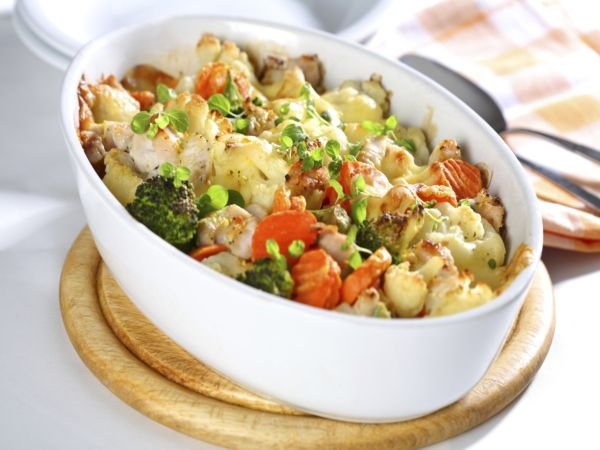
?
Proteins. Protein is used to provide energy and to repair tissues damaged during training. In addition to being an essential nutrient, protein keeps the hunger sensations away. Proteins should be about 20-25% of your daily calorie intake. Complete proteins like chicken, soya, egg, paneer are essential. For regular runners, high biological value proteins should be eaten.?
?
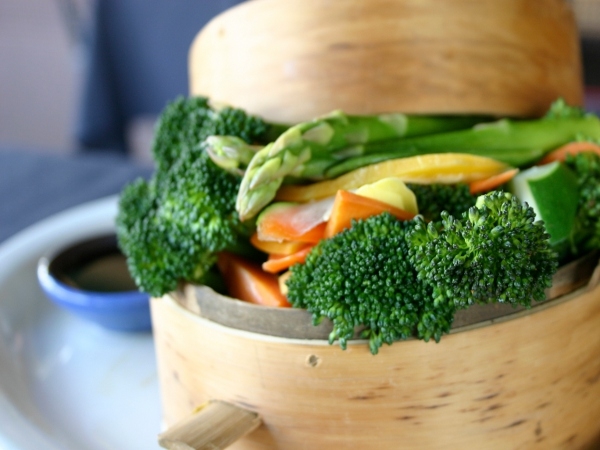
?
Vitamins. Vitamins are an important part of a runnerí»s diet as exercise may produce compounds called free radicals, which can damage cells. Antioxidants such as Vitamins C (sources: Amla, lemon, kiwi etc.) Vitamin ?E (sources: Wheat germ, vegetable oils, nuts etc.) and Vitamin A (sources: Egg, green leafy vegetables, carrots, pumpkin etc.) help neutralize free radicals. ?
?
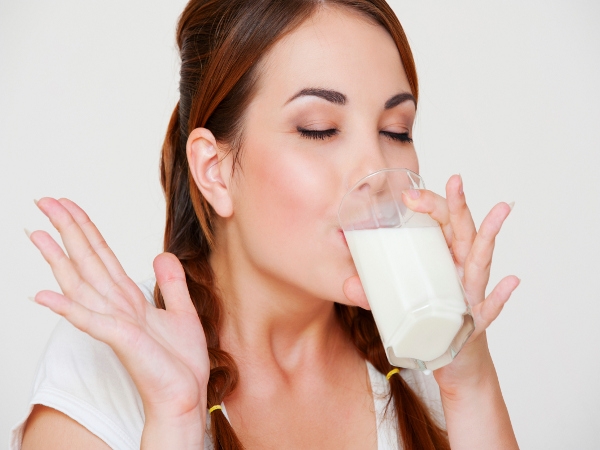
?
Calcium: A calcium-rich diet is essential for runners to prevent osteoporosis & fractures. Good sources of calcium include low-fat dairy products, calcium-fortified juices, dark leafy vegetables, beans, and eggs. A runnerí»s goal should be to obtain 1,000 to 1,300 mg of calcium per day from foods eaten during the day.?
?
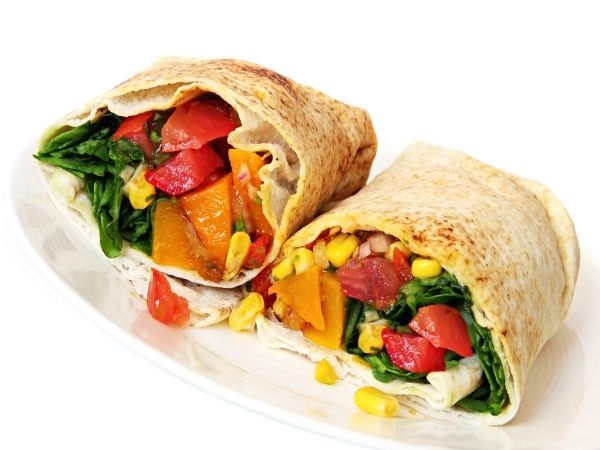
Iron: You need this nutrient to deliver oxygen to your cells. If you have an iron-poor diet, you'll feel weak and fatigued, especially when you run. Men should aim for 30 mg. of iron a day, and women need 28 mg. Good sources of iron include lean meats, leafy green vegetables, and nuts.?
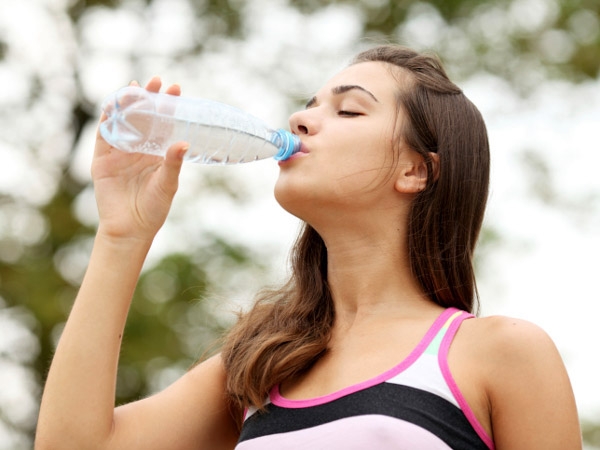
?
Sodium and other electrolytes: Small amounts of sodium and other electrolytes are lost through sweating during exercise. If you're running for more than 90 minutes, then it is essential to restore some of the electrolytes you're losing through sweat, by drinking salted beverages. However keep your sugar intake in check. Hydration has to be maintained to aid in the removal of toxins from the muscles.
?
An essayist and journalist by profession, Mansi is a Mass Communications major with a focus on health and fitness writing. With 2 years of journalism experience under her belt, Mansi loves obsessing over topics like body image, nutrition, mental health, and stress reduction, along with art, multiculturalism, fashion and gossip writing. Overall, she is a twenty something whose fitness philosophy boils down to: Do the healthy thing more often than you don't do the healthy thing. Persistence matters, not perfection.
Read More